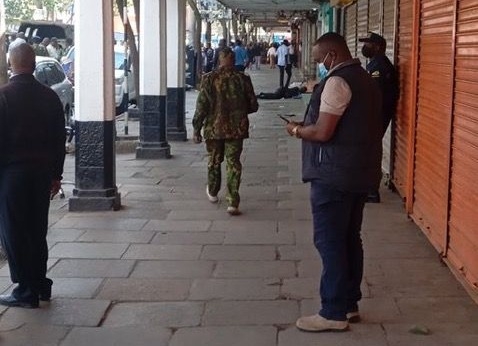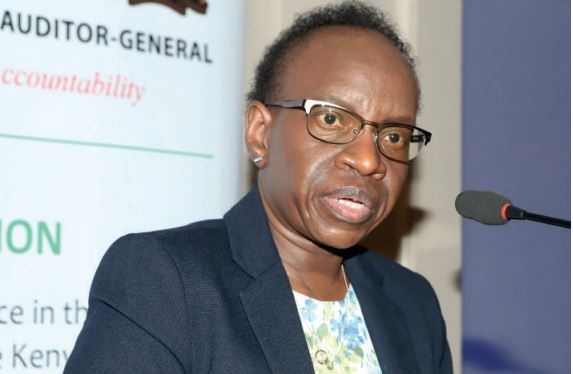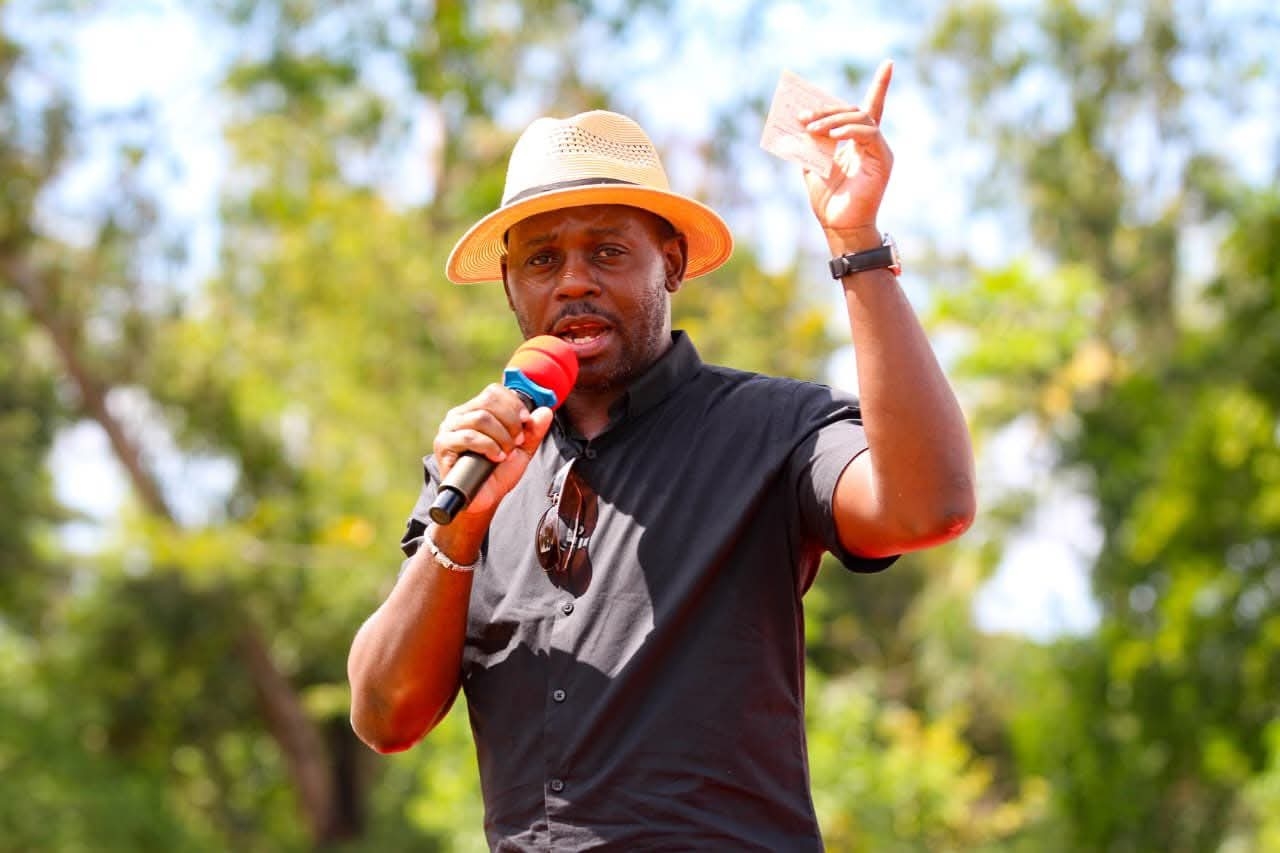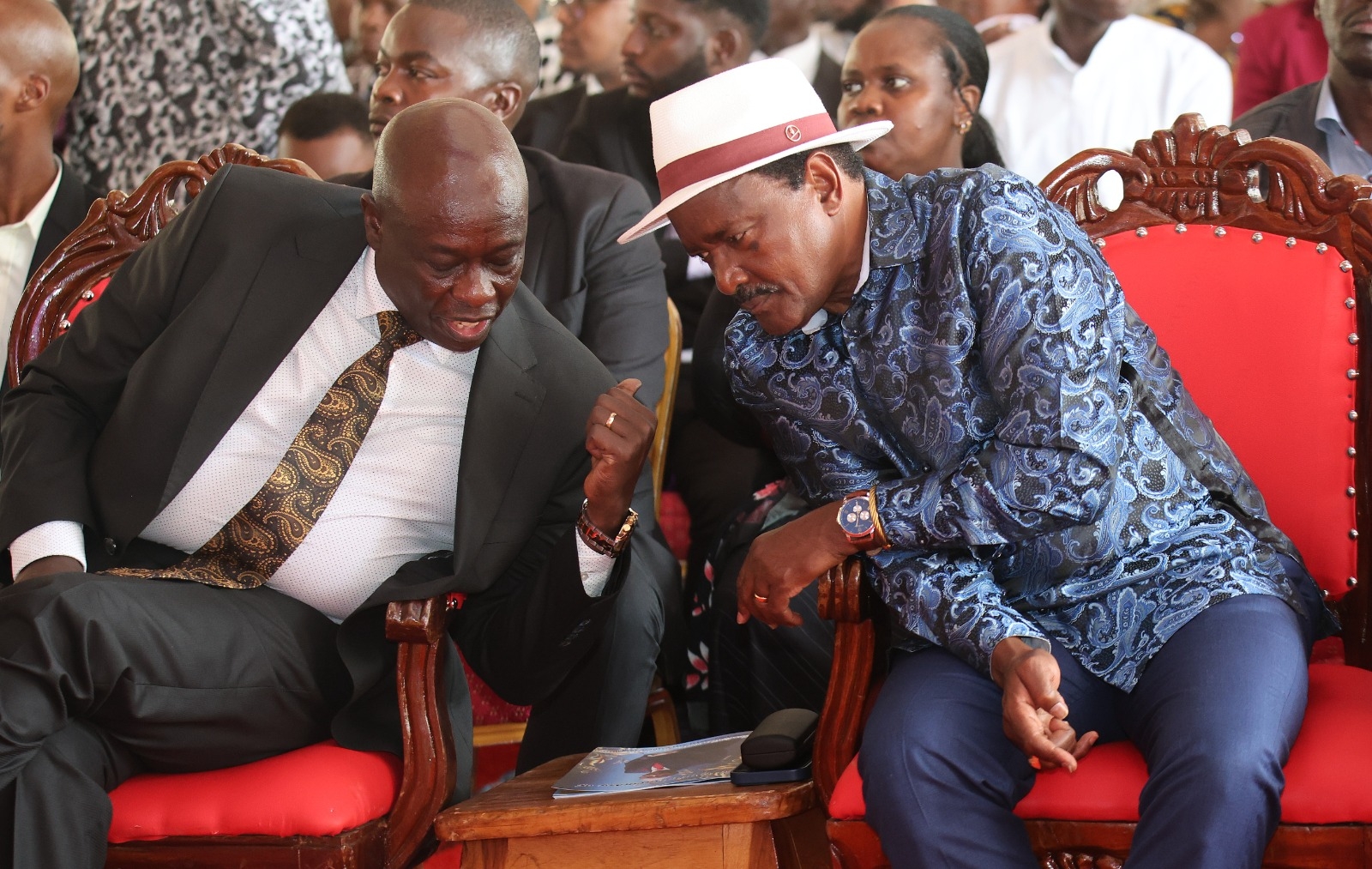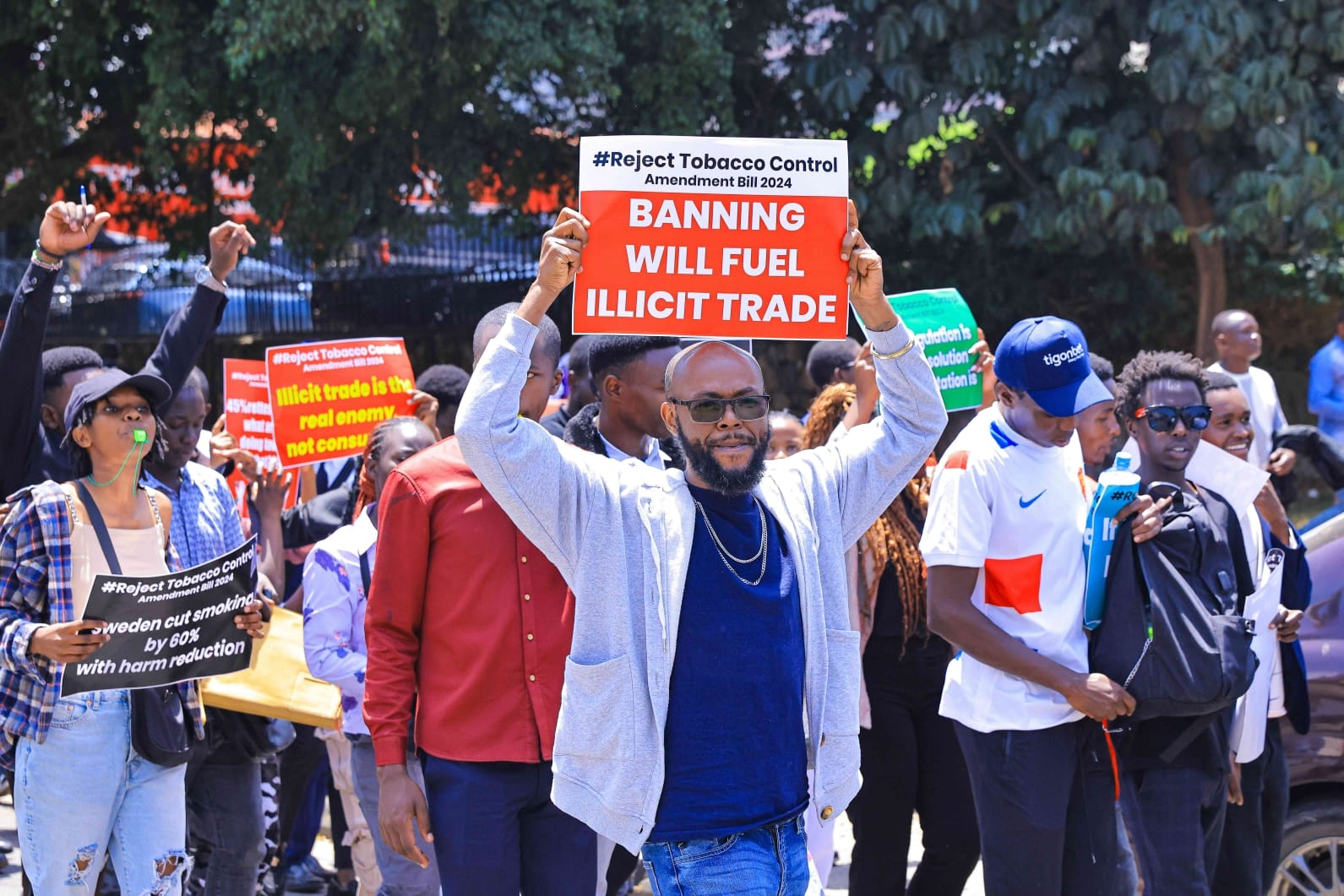
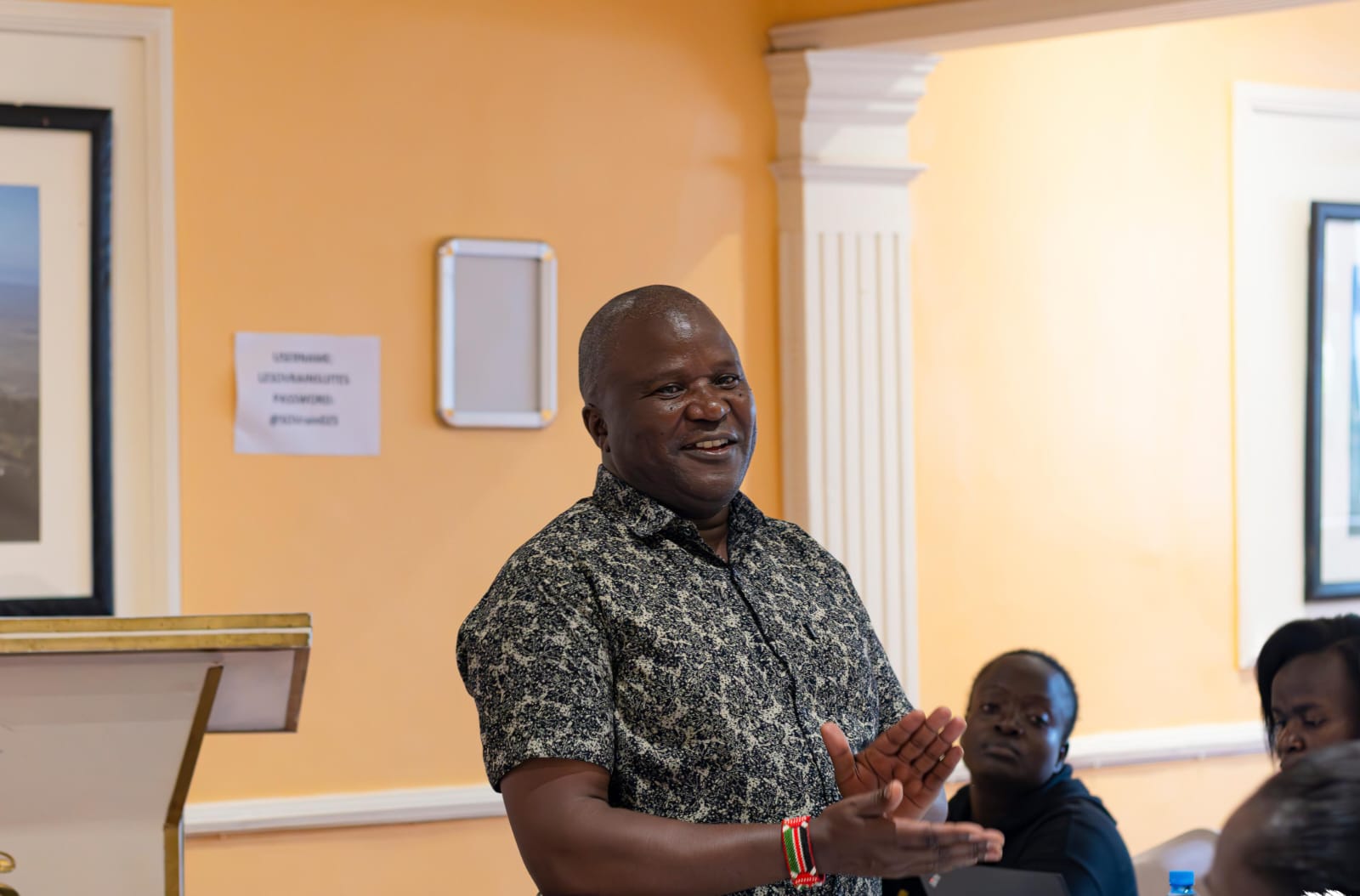 NTA Chief Executive Officer Patrick Nyangweso speaking during a regional consultative forum in Kisumu./FAITH MATETE
NTA Chief Executive Officer Patrick Nyangweso speaking during a regional consultative forum in Kisumu./FAITH MATETE
The National Taxpayers Association (NTA), with support from the Tax Justice Network Africa (TJNA), has urged the government to strengthen health financing and increase taxes on tobacco products to close critical gaps in cancer care.
Speaking during a regional consultative forum in Kisumu on Wednesday, NTA Chief Executive Officer Patrick Nyangweso said Kenya’s current health allocation stands at only 3 percent, far below the 15 percent target set in the Maputo Declaration.
He noted that this shortfall continues to undermine cancer management, particularly in underserved regions.
“Many patients are diagnosed at stage four or five, when it is often too late. We must invest in early detection, quality equipment, adequate medicines, and training of health personnel if we are to save lives,” Nyangweso said.
The forum, part of NTA’s ongoing engagement under the Social Health Act (SHA) and the Social Health Insurance Fund (SHIF), brought together healthcare providers, civil society actors, patient groups, survivors, and community representatives from across the Nyanza region.
Cancer Care Gaps Healthcare providers highlighted that while cancer screening is free in most facilities, the cost of diagnosis and treatment remains unaffordable for many.
They cited a limited number of treatment centers, lack of specialized wards, frequent drug stock-outs, and non-functional equipment that delays treatment.
Patients are often forced to travel long distances for care, with some missing treatment cycles due to financial constraints or lack of blood for transfusions. Providers also raised concerns about inadequate training for cancer specialists, which further strains service delivery.
“Cancer is not a curse. With timely and affordable interventions, it can be managed like any other disease. But patients are slipping through the cracks because our system is underfunded,” one health worker said.
Civil Society Demands Accountability Civil society organisations echoed concerns of underfunding and called for equitable, progressive taxation to raise resources for cancer programs.
They stressed that SHIF allocations for cancer remain insufficient and demanded stronger accountability mechanisms to ensure funds directly benefit patients.
They also urged for widespread sensitization to address stigma, particularly around lung, throat, oesophagus, and oral cancers, which are often linked to tobacco use.
Survivors’ Voices Cancer survivors shared personal testimonies of battling stigma, financial strain, and inconsistent SHIF/SHA coverage across facilities.
Some spoke of losing jobs due to prolonged treatment, while others highlighted the heavy costs of traveling to far-off hospitals only to find medicines or equipment unavailable.
“I have been on treatment since 2019. The stigma is overwhelming people still see cancer as a curse. We need psychosocial support and survivor groups, just like what was done during the HIV crisis, to break the silence,” one survivor said.
Call for Higher Tobacco Taxes Participants at the forum underscored the strong link between tobacco use and cancer, especially in Nyanza counties, where tobacco farming remains common.
They called on the government to raise tobacco taxation to 70 percent of the retail price, in line with World Health Organization recommendations, both to curb consumption and to fund cancer services.
“The taxes collected from tobacco must be ring-fenced and channeled directly into cancer care financing diagnostics, medicines, and palliative care,” Nyangweso emphasized.
The forum ended with a collective call for a multi-sectoral approach involving government, counties, civil society, and development partners to bridge Kenya’s cancer financing gap, strengthen service delivery, and improve patient outcomes.







